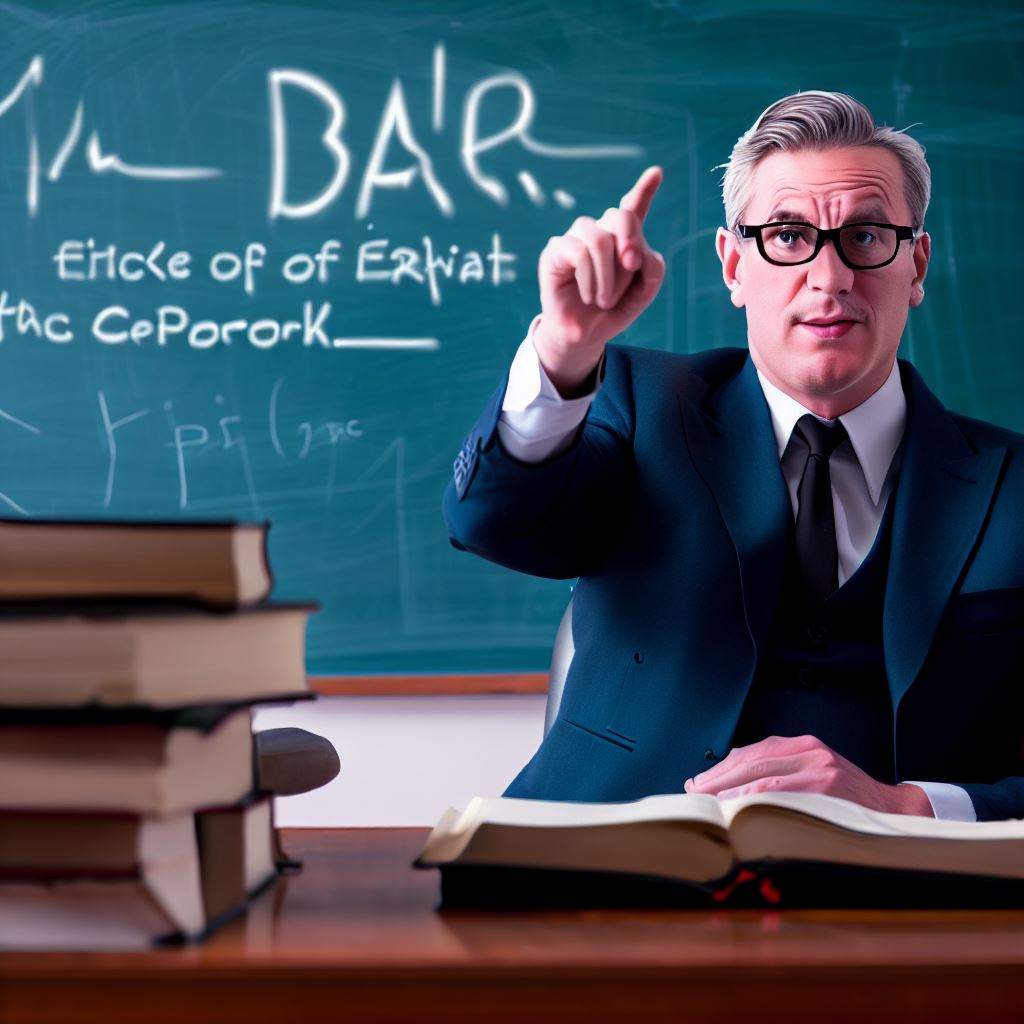Is the “Walpurgis Night’s Dream” episode related to the rest of the drama? What, if anything, is its function? Why is the scene that follows it written in prose
The scene is
particularly praised by critics for its poignant portrayal of Gretchen’s
madness. Gretchen’s restoration to sanity when she sees Faust illustrates the
regenerative power of love. He refusal to escape is based on her acknowledgment
of responsibility for her acts and her acceptance of God’s law. She has a
simple and clear-cut conception of right and wrong which is incomprehensible to
the still inwardly doubling Faust.
Gretchen is
granted salvation by God’s grace (the voice from Heaven) because her crimes
were the result of inexperience and her motives were never sinful or impure.
Gretchen was led into sin by following her instincts, but in Goethe’s thought
it is part of being human to err. One is redeemed in the end if his conscience
learns to know the difference between good and evil, rejects sinfulness, and
repents. Gretchen’s final words, “Heinrich! I shudder to look at you,” express
her horror at the ungodly, negativistic life Faust has chosen by maintaining
his association with Mephisto, rather than any change in her feelings for him.
This is the end
of the first part of the tragedy, a portion of a larger work but at the same
time complete in itself. So far Mephisto has lost his wager with the Lord and
failed to secure Faust’s soul. God’s faith in man has been upheld by Faust’s
moral renewal on the Walpurgis Night and his final though misguided effort to
do a good deed. Despite his filtration with sensuality and evil, Faust’s love
for Gretchen had developed into something more than lust.
Faust, however,
has still not found happiness or fulfilment in life, and is not sufficiently
purged of sinfulness to terminate his alliance with the devil. Thus, the
resolution of Faust’s struggle with his soul is in doubt, but a passionate and
moving love story has come to a tragic end. At its close Faust seems at last to
be on the right path.
Gretchen’s
salvation and her loving concern for him right up to the moment of her death
are lessons, which will make a permanent impression on him. Faust knows now
that he cannot find himself through uninhibited sensuality, but he must taste
all the world has to otter before he learns that only in God lies human
fulfilment.
At the end of Part One Gretchen’s refusal to
leave the prison prevented Faust from becoming absolutely dependent on
Mephisto’s power, and thus made his ultimate salvation possible. At the end of
Part Two her sacrifice is rewarded by the joy of guiding Faust to the highest
level of 
Comments
Post a Comment